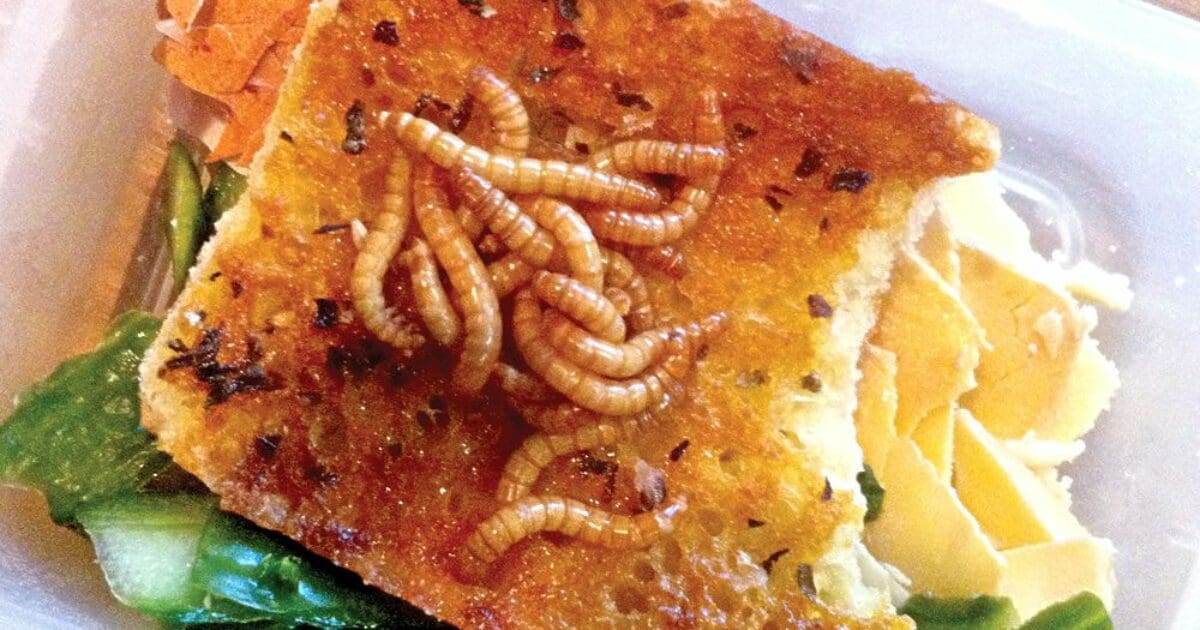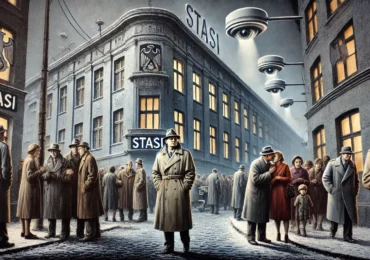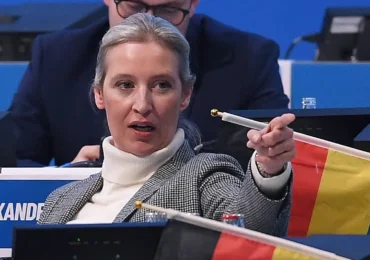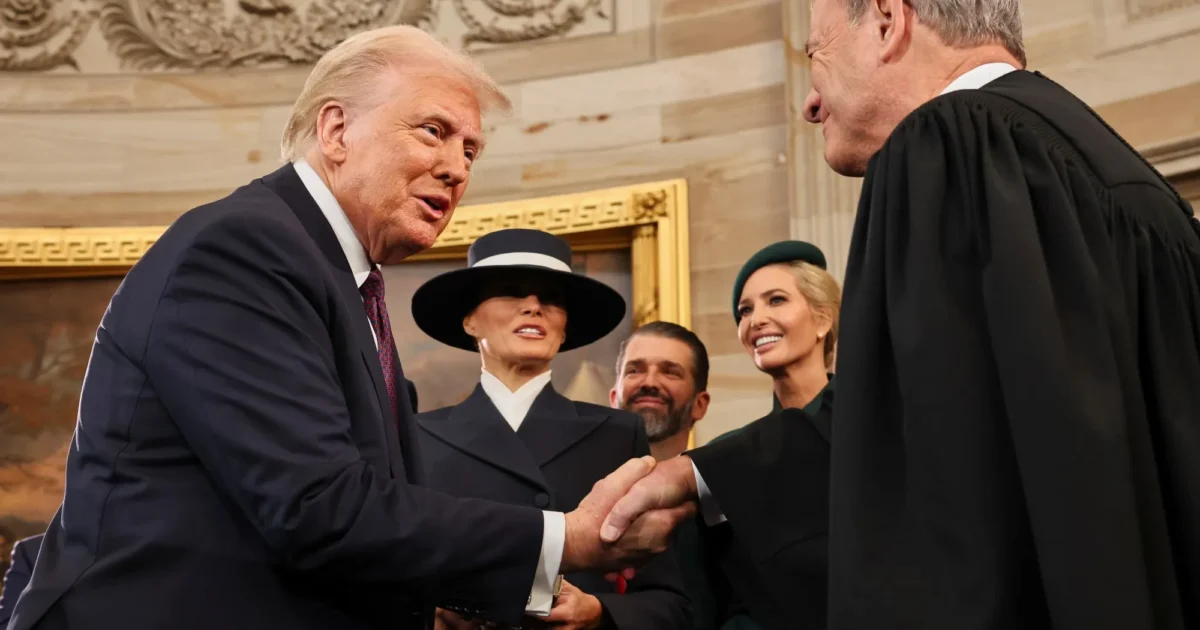Robert “Rob” Roos, a Dutch politician and current Member of the European Parliament, is speaking out against the European Union’s policy of introducing insects into food without clear labeling. The EU has allowed four different types of insects as ingredients in food since 2020. Roos argues that consumers need to know precisely what is in their food and that the deceptively labeled Latin names of insects on the packaging are not clear enough but are instead used to disguise the ingredients.
“I am definitely not a proponent of eating insects,” says Roos. “There are enough other sources of protein that we have consumed for centuries. It is nowhere near necessary. Moreover, there are some people who are perhaps allergic to insects or cannot eat insects due to their beliefs.”
Roos has called for insect-based food products to have clear labeling, with the normal name of the insect listed in plain language and an icon on the package to alert consumers that the product contains insects. He believes this will prevent anyone from accidentally consuming insects if they are unable or unwilling to do so.
Roos is not the only one concerned about the EU’s food policy. Hungary and Italy have recently passed laws to protect their citizens from the use of insects in food, citing concerns about food safety and cultural differences.
This move by the EU has also been criticized by some as part of a globalist agenda to control people’s food choices. The World Economic Forum has previously suggested that insects could be a solution to the world’s food shortages. It has been promoting eating bugs as part of its “Great Reset” plan – a world government based on climate hysteria and social control. In the “new and improved” post-pandemic world, citizens will no longer eat meat but “laboratory-created fake meat,” “artificial food,” and “bugs,” and you can wash it down with “sewage.”
As reported at RAIR Foundation USA, the World Economic Forum (WEF) has repeatedly praised bug-eating for the planet’s sake. Bugs “are rich in protein, healthy fats, and vitamins, and can be farmed at scale with minimal footprint,” they claim.














You have been eating bugs your entire life. Xanthan. It is billed as a additive, it is in a lot of foods and is used to thicken just about any food. It is a bug and it is cultivated.